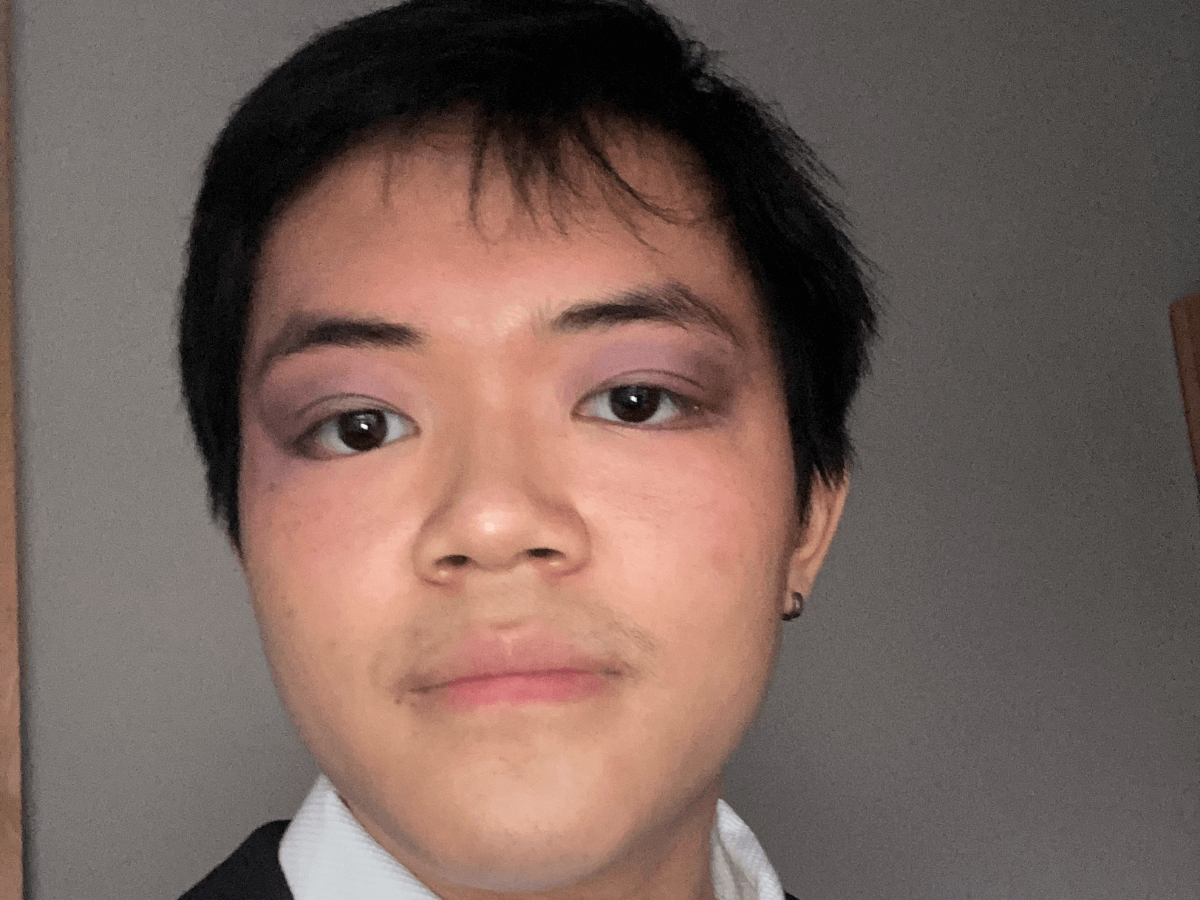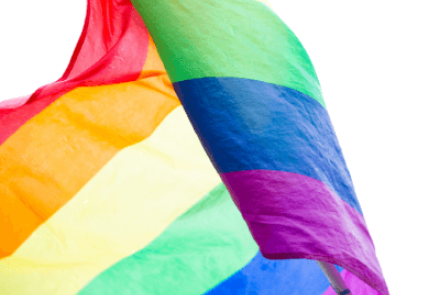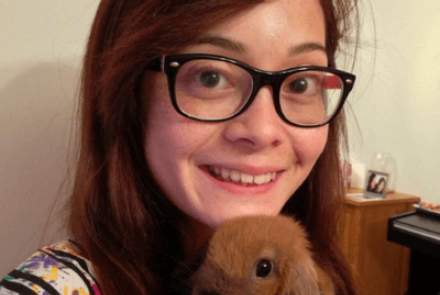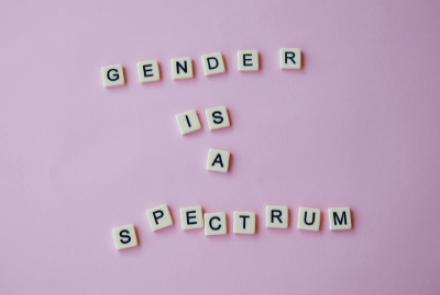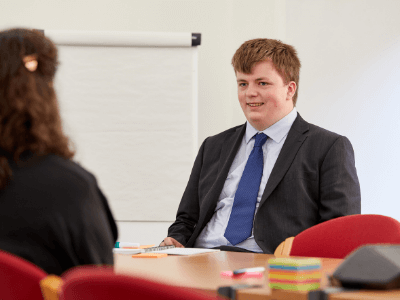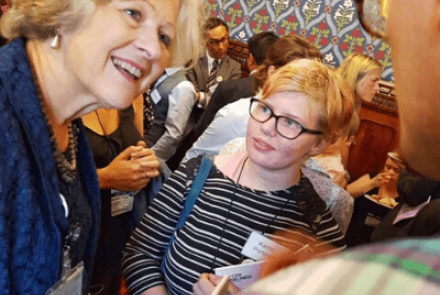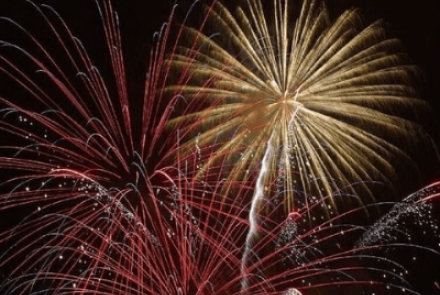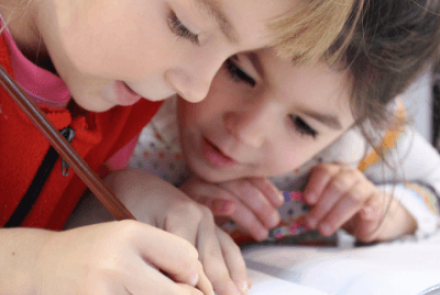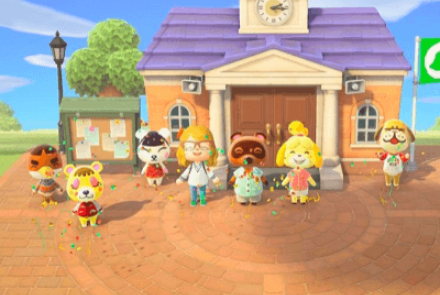Being an ally to the autistic LGBTQ+ community
I’m Aiden and I’m non-binary. I’m cool with any gendered terms, defaulting to he/him pronouns. I got my autism diagnosis when I was 13, which was also when I realised I was LGBTQ+.
Being autistic and LGBTQ+
Growing up, I was really worried being an autistic LGBTQ+ person would make me unlovable, especially since I’m not into clubbing and dancing. I felt very isolated and alone in the world. If I’m being perfectly honest, I still feel this way sometimes. However, by now I personally know people like me who are in happy relationships and have had positive experiences of my own that show me this isn’t true.
Raising awareness of the existence of autistic LGBTQ+ people is definitely important, not least because multiple studies have found that autistic people are more likely to be LGBTQ+ than the general population.
I say that rather than ‘autism in the LGBTQ+ community’ since I’ve noticed that people of all sexualities and genders can be untrusting and dismissive of autistic people’s expressions of both.
Making LGBTQ+ spaces autism friendly
I understand how it can be difficult for some types of spaces to be more accommodating for autistic people, a nightclub can’t become forcibly quieter! Instead, I think quieter LGBTQ+ spaces are better to focus on, such as hobby or interest groups, since we often have special interests.
Some of the ways to make a space more accommodating are pretty standard, such as a group commitment to respect each other’s viewpoints and expressions of interest. Although I think they’d be helpful for anyone, there are some things I can see being especially helpful for autistic or other neurodivergent people.
- Name/pronoun tags and starting sessions with brief introductions. Recognising people can be difficult when there’s a change of any sort, such as in clothing, hairstyle or makeup!
- An honest and clear explanation of the group dynamic and communication style. E.g. ‘Bella can take a while to get to her point and knows that, so doesn’t mind being told to simplify what she’s saying’. These can be difficult for autistic people especially to feel out sensitively.
- A separate space people can go if they need to step out without explanation or judgement, such as feeling overwhelmed or having to take a call.
I also think that being an ally to an LGBTQ+ autistic person is similar to being one to LGBTQ+ people generally, such as trusting what they say and referring to them using the pronouns they prefer, and apologising quickly if you make a mistake.
Treating people with respect
Something specific to LGBTQ+ autistic people is that some people’s experience of being trans is strongly affected by their autism. If the idea confuses you, rest assured, I don’t understand it myself, and that’s ok! You don’t need to understand everything to treat someone respectfully.
Some days I feel proud to be autistic and LGBTQ+. Most of the time though, I’m neutral about it. I accept myself.
About the author
Aiden is a 20-year-old freelance autistic LGBTQ+ public speaker, blogger, writer, and artist.

